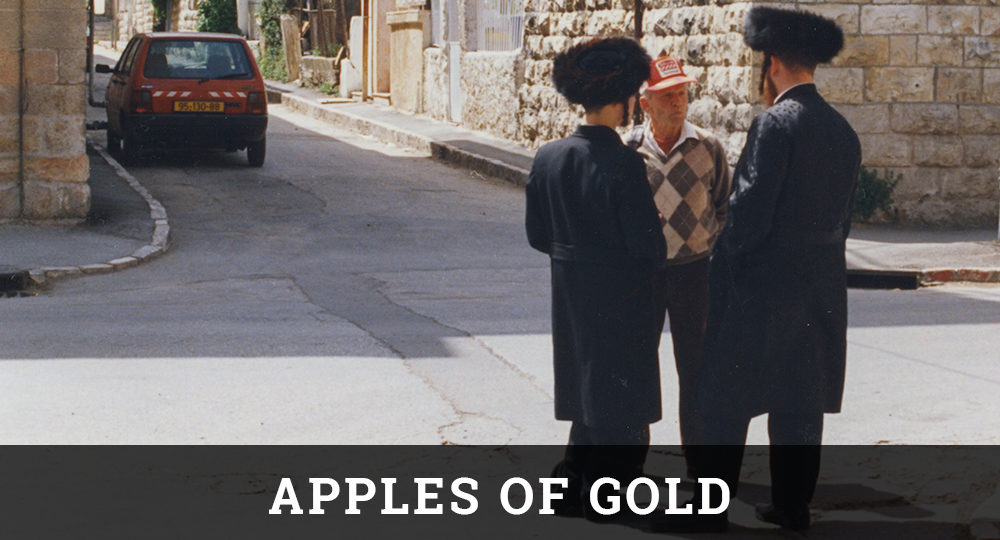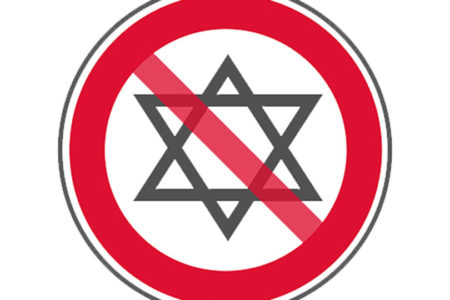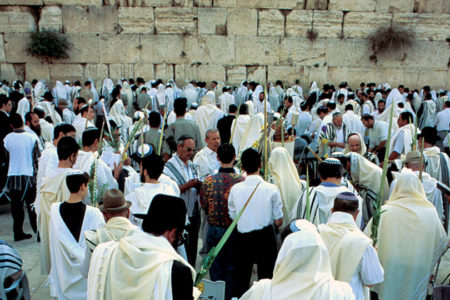Apples of Gold May/Jun 2014
A 45-year-old man who came to Israel from Hungary some years ago would visit our home frequently. He lived nearby, and his children played with our children. However, when his wife found out that I was a believer in Jesus, she advised her husband to keep away from me because she said he might become infected with my “poison.”
She also told her children not to play with ours. Nevertheless, the man ignored his wife’s advice and visited us often, mostly because he liked to argue with me about religious matters. Sometimes, when he was unable to prove his point, he would get angry and shout at me.
But he could not resist talking to me and arguing. It became obvious after a while that he was spiritually starved and needed the Bread of Life.
Sometimes he would tell me, “You know I completely disagree with you. I even support the anti-missionary organization. And when these people come to my home, I make a contribution. And yet I cannot resist talking to you. What is it that draws me to you?”
I told him that he was not the first, nor would he be the last, who found himself in such a situation. Other men have fought against the Lord. But in the end, they were overcome by Him. I mentioned the Bible’s accounts of Jonah (who did not want to preach to the Gentiles of Nineveh) and the apostle Paul, who went from being the greatest enemy of Christ to being His greatest messenger.
“Perhaps the Lord is also dealing with you and wants to win you,” I said.
He asked me what were the books in which the Christians believed. I told him that in addition to the Tanach (Hebrew Scriptures), we also have the New Testament, which tells us about Jesus and His life, His salvation, and His apostles.
“Would you give me this book?” he asked.
Gladly, I gave him a New Testament. “How do you Christians pray?” he wanted to know. “Do you have prayer books, as we do?”
I told him, “Most of the time we pray from the heart and speak to God as to our heavenly Father. There is one prayer the Messiah Jesus taught us that we use sometimes.” I read to him Matthew 6:9–13, which begins, “Our Father in heaven, hallowed be Your name.”
He liked the prayer very much and went home with his New Testament.
The next morning his wife came storming into our home. She shouted, “Why did you give my husband this book, which is full of lies, this New Testament!”
I asked her, “Was the prophet Jeremiah a Jew?”
“Of course he was!” she replied.
“Then I gave her the book of Jeremiah and asked her to read chapter 31, where it is written,
Behold, the days are coming, says the Lᴏʀᴅ, when I will make a new covenant [Hebrew, Berith Chadashah) with the house of Israel and with the house of Judah—not according to the covenant that I made with their fathers in the day that I took them by the hand to lead them out of the land of Egypt, My covenant which they broke (vv. 31–32).
The words Berith Chadashah, I told her, are the same words as New Testament in English. She was surprised to see that Jeremiah spoke about the New Covenant, and she quieted down. From then on she was friendly.
That same evening my Hungarian friend and his wife turned up at our home, and we further discussed the things that were most on his mind. I pointed out to him certain key Scriptures, which he wanted to memorize.
The following Friday he and his wife invited us to their home and treated us to cake and coffee. He was happy that he had learned by heart the text of John 3:16, which he recited to me: “For God so loved the world that He gave His only begotten Son, that whoever believes in Him should not perish but have everlasting life.”
I asked him, “Do you believe what you have just said?”
With tears streaming down his face, he answered, “I do.”
That night he went to bed and died in his sleep.
The next morning his wife came to us, weeping, and told us about it. “Zvi,” she said, “When the Messiah comes again, will He bring back my husband to me? You know, he believed in Him.”
I told her that if she also believed in the Messiah, she will one day be reunited with her husband in the glorious presence of the Messiah of Israel.
by Zvi Kalisher in Jerusalem,
from The Friends of Israel Archives, 1972







